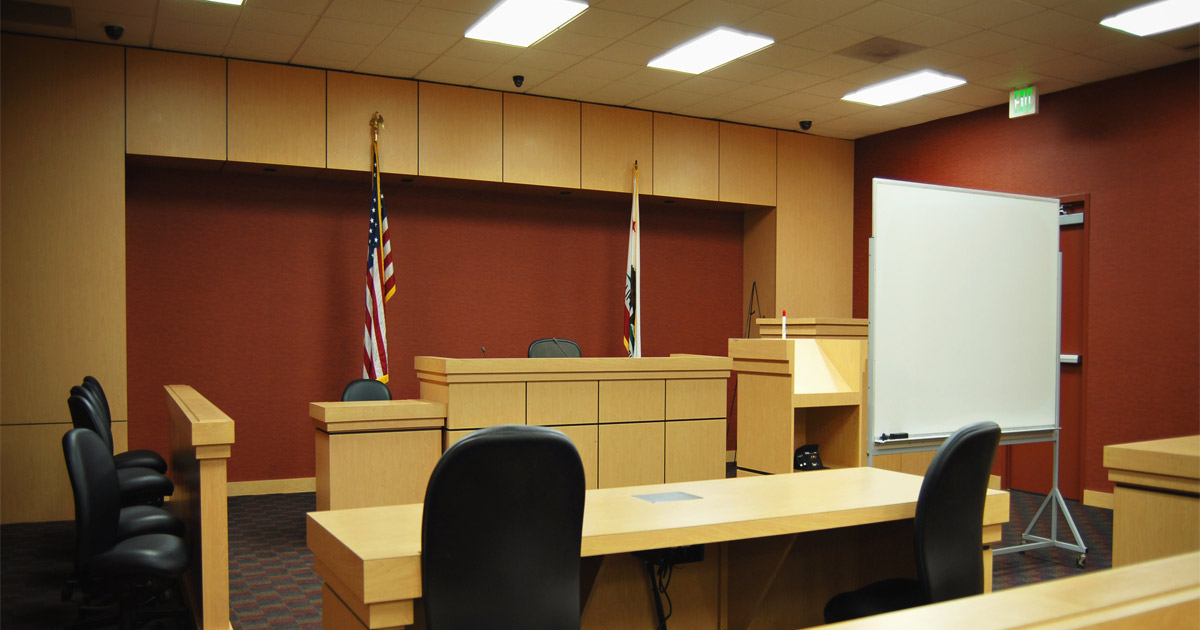The Philadelphia Fair Practices Ordinance is one of the most comprehensive civil rights laws at the local level, offering significant protections against discrimination in employment, housing, and public accommodations. Knowledge of these rights empowers individuals to recognize potential violations and take appropriate action to protect their rights.
What Constitutes Illegal Discrimination in Employment?
Illegal employment discrimination involves mistreating someone based on a specific characteristic, like race, age, gender, national origin, or a disability; there are categories as well. Workplace sexual harassment can also fall under this umbrella; so does employer retaliation for making a complaint or claim. Anti-discrimination laws protect employees from this unwelcome treatment.
What is the Philadelphia Fair Practices Ordinance?
There are federal laws that prohibit discrimination based on specific characteristics:
- Title VII of the Civil Rights Act of 1964
- Age Discrimination in Employment Act (ADEA)
- Equal Pay Act (EPA)
The Philadelphia Fair Practices Ordinance (PFPO) is a local law that applies to employers and employment agencies. It spells out prohibited practices, protected categories, and potential enforcement mechanisms. In addition to the protected categories listed in the three above laws, the Ordinance includes:
- Gender identity
- Domestic or sexual violence victim status
- Sexual orientation
- Source of income (for housing and real property issues only)
How Does the Philadelphia Fair Practices Ordinance Protect My Rights?
The PFPO’s list of unlawful employment practices includes, but is not limited to:
- Refusing to employ, terminate, or take discriminatory action against a person concerning their employment status, advancement opportunities, work conditions, benefits, or any issue connected to their job.
- Treating employees unfairly or restricting, separating, or categorizing them in a manner that would deny someone job opportunities, reduce their chances of employment, negatively impact their position as an employee or job applicant, or harm their pay, working hours, or employment conditions.
- Failing to provide reasonable accommodations for an employee’s needs related to pregnancy, childbirth, or a related medical condition.
- Intimidating, harming, threatening, retaliating against, or otherwise mistreating anyone for following the rules of the FPO, asserting their rights under it, benefiting from its protections, or participating in any investigation, hearing, or related proceeding.
As you can see, these protections are highly detailed; those points are a small sample of what the document covers.
How Can I Use the Philadelphia Fair Practices Ordinance to Support My Employment Discrimination Claim?
If you believe that you have been subjected to discriminatory treatment in the workplace, the PFPO provides a legal avenue to pursue a claim. By demonstrating that your employer’s actions violate these provisions, you can seek remedies such as reinstatement, back pay, or damages. The ordinance also ensures protection from retaliation if you report or challenge discriminatory practices.
You can file an illegal discrimination complaint with the Philadelphia Commission on Human Relations (PCHR), which enforces the ordinance. You have 180 days to file after the date that the discrimination allegedly occurred. The complaint will be served to the party named in the complaint; they have 60 days to respond and should provide you with a copy. If PCHR feels your allegations are protected by federal laws, they will file them with the U.S. Equal Employment Opportunity Commission (EEOC). After that, there might be an investigation and a settlement. When there is no settlement, there could be a hearing.
Experienced Philadelphia Employment Lawyers at The Gold Law Firm P.C. Can Help You Pursue Justice in a Discrimination Case
Federal and local laws protect employees from discrimination, but many claimants are not satisfied with the outcomes. If you are facing that issue, our Philadelphia employment lawyers offer free legal consultations. To learn more, call The Gold Law Firm P.C. at 215-569-1999 or complete our online form. Located in Philadelphia and Pennsauken, New Jersey, we serve clients in South Jersey and Southeastern Pennsylvania, including Wilkes-Barre, Scranton, Northeast Philadelphia, Bucks County, Chester County, Delaware County, Lehigh County, Montgomery County, and Cherry Hill.



































